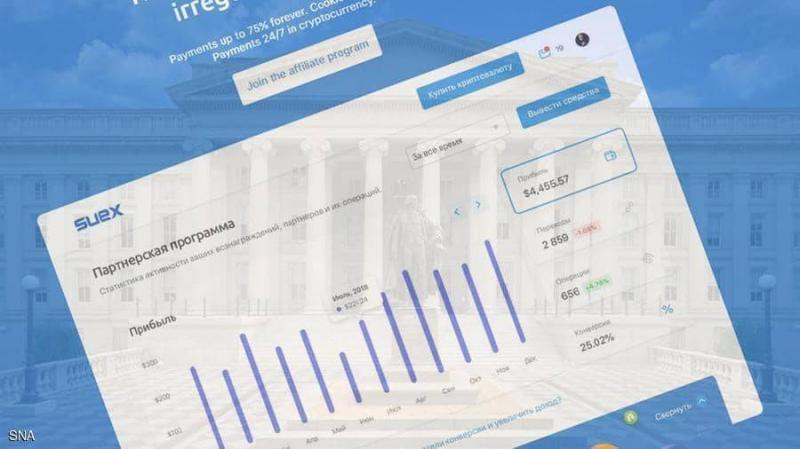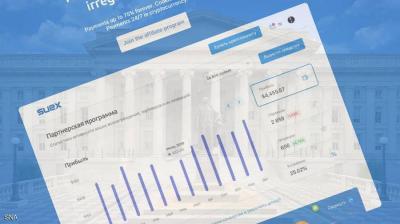The United States has imposed first-of-their-kind sanctions on a cryptocurrency exchange for its connections to extortion and ransom demands, as the Biden administration seeks to curb the rising rate of digital crimes. The U.S. Treasury Department, which announced the sanctions, did not specify whether the "Sux" platform was involved in any crimes, but indicated that 40% of its transaction record is linked to "illicit entities."
Cyberattacks targeting companies' systems and demanding ransoms to release their information have created chaos worldwide, highlighting the vulnerability of U.S. infrastructure to cyber hackers. The Treasury Department stated, "Some virtual currency transactions are exploited by malicious actors, but others, like 'Sux', facilitate unlawful activities for illicit gains." It added that these sanctions are the first of their kind against a cryptocurrency exchange.
As a result of the sanctions, any assets belonging to the "Sux" platform that are under U.S. jurisdiction have now been banned, in addition to prohibiting Americans from trading on it. The "Sux" platform is registered in the Czech Republic and has branches in Russia and the Middle East.
Experts from the "Chainalysis" firm noted large transfers from unknown sources on this platform, stating, "In Bitcoin alone, Sux (...) received over $160 million from parties involved in ransomware and scammers and operators of dark web markets." They added that the U.S. classification is significant because it represents a "major step" by Washington to combat money laundering, which is a key element of digital crimes.
The U.S. also warned companies and individuals who pay ransoms to hackers to retrieve their files and data that they may face potential sanctions themselves. Approximately $350 million was paid to online extortionists last year, a 300% increase from 2019, according to the Department of Homeland Security. U.S. officials have stated that many of the cyberattacks originated from Russia, though Moscow denies responsibility.




